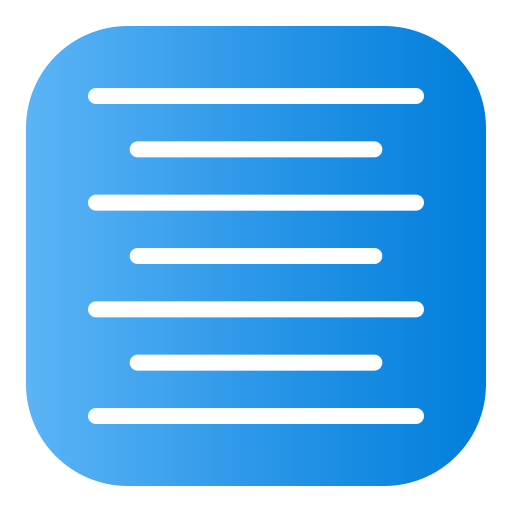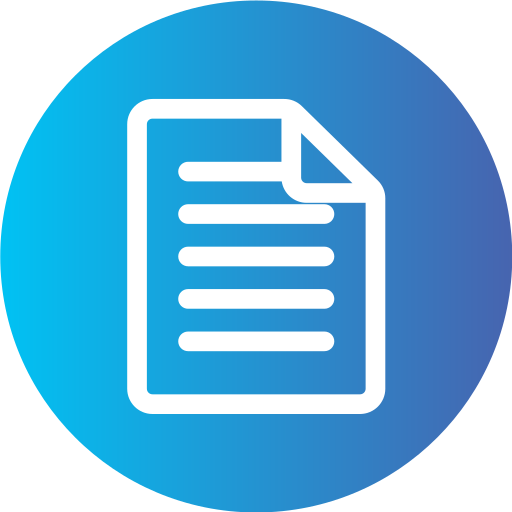This training outlines effective uses of AI in research, while highlighting limitations and risks associated with AI use.
 By the end of this training, learners should:
By the end of this training, learners should:
- Be familiar with typical uses of AI in research
- Be able to describe examples of effective use of AI in research
- Be able familiar with the limitations of AI use in research
 Training outline
Training outline
- Overview of research topics where AI has been effectively used
- Notable examples of AI use in research
- Limitations and risks of AI use in research
Resources for facilitators and learners
 Publications, blogs
Publications, blogs
- OECD. 2023. Artificial Intelligence in Science: Challenges, Opportunities and the Future of Research.
- Science in the Age of AI: How Artificial Intelligence Is Changing the Nature and Method of Scientific Research. 2024. The Royal Society.
- ‘What Is AI in Science’. MIDAS - Michigan Institute for Data & AI in Society. [Examples]
- Messeri, Lisa, and M. J. Crockett. 2024. ‘Artificial Intelligence and Illusions of Understanding in Scientific Research’. Nature 627 (8002): 49–58. https://doi.org/10.1038/s41586-024-07146-0
- ‘Generative AI in Academic Research’. Cornell University, Research & Innovation.
- Klami, Arto, Theodoros Damoulas, Ola Engkvist, Patrick Rinke, and Samuel Kaski. 2022. ‘Virtual Laboratories: Transforming Research with AI’. TechRxiv. https://doi.org/10.36227/techrxiv.20412540.v1
- ‘Discover the Role of Artificial Intelligence in Virtual Labs’. PraxiLabs. 2023.
- Züger, Theresa. 2024. ‘The (Potential) Impact of AI on the Individual Research Process and Science in General’, https://doi.org/10.5281/zenodo.10850268
- Bartlett, Chris. 2024. ‘Will AI Help or Hinder Trust in Science?’ 360.
 Videos, webinars, online tutorials
Videos, webinars, online tutorials
- Welling, Max, 2023. The Artificial Intelligence in Science and the Science in Artificial Intelligence. Science & Cocktails.
